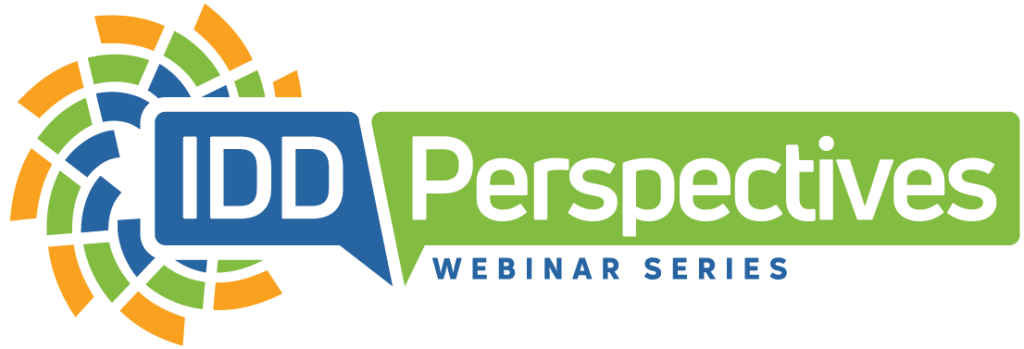This should be a question we all ask ourselves on a daily, or more frequent, basis. I say “more frequently” because sometimes we lose sight of what is really important in our jobs.
Completing the program plans, the data collection forms, the medical visit follow-ups, the day-to-day operation of any home, managing behaviors, administering medications-the list goes on and on of the responsibilities in any given day. But, somewhere along the way, the person we are providing services for gets lost in all of it. One on my co-workers says, “You get lost in the weeds” meaning we canlt see above all of that “stuff.” Yes, it’s important “stuff”, but I wager the person’s quality of life and quality of health is a lot more important than some of that “stuff” we deal with daily.
Unfortunately, many of the paid and unpaid staff supporting individuals with disabilities do not think that they are important enough, knowledgeable enough or strong enough to advocate for an individual. YOU ARE! No matter where you fit in an organization, or even if you don’t work with individuals with disabilities, you can advocate. Advocacy is standing up for what is right for a person, speaking up for a person when they can’t, or defending a person.
Advocacy is standing up for what is right for a person, speaking up for a person when they can’t, or defending a person.
Transform all of that “stuff” into advocacy. How can you advocate for a person to help them not get yet another psychotropic medication? You must not be afraid to speak up. If the person has a new onset negative behavior, they are urinating frequently, they are incontinent of urine, the urine smells bad and the color is dark and the doctor wants to order another behavior med to treat the behavior, is that right? It shouldn’t be. We should be advocating for the person to have testing to see if they have a urinary tract infection. You don’t have to be aggressive, but you do need to be assertive and not afraid.
You could say, “Doctor, this new behavior started at the same time as XYZ symptoms. What do think about testing for ABC or could you help us get a referral to DEF?” Maybe the person needs a swallowing study because they are coughing at meals or a referral to a speech therapist. Maybe they are angry because of falling more and becoming more dependent on caregivers. That individual might benefit from a complete physical to look for medical causes of the falls or referral to a physical or occupational therapist. “If you see something, say something”. It doesn’t matter if it is bullying, abuse, neglect or using the “R” word. Advocacy is everyone’s job. Please don’t think of yourself as someone who just provides personal care, passes meds or cooks a meal. Don’t think that you can’t make a difference. You can!
There is a short story of a young boy and an old man walking along a beach covered with starfish. The little boy started picking them up one by one and putting them back in the ocean. The older man said “Son, you’re not going to make any difference with all of these starfish.” As the little boy put one more back in the ocean, he said “I made a difference to that one.”
That’s all I ask of you this month: just make a difference to one.




